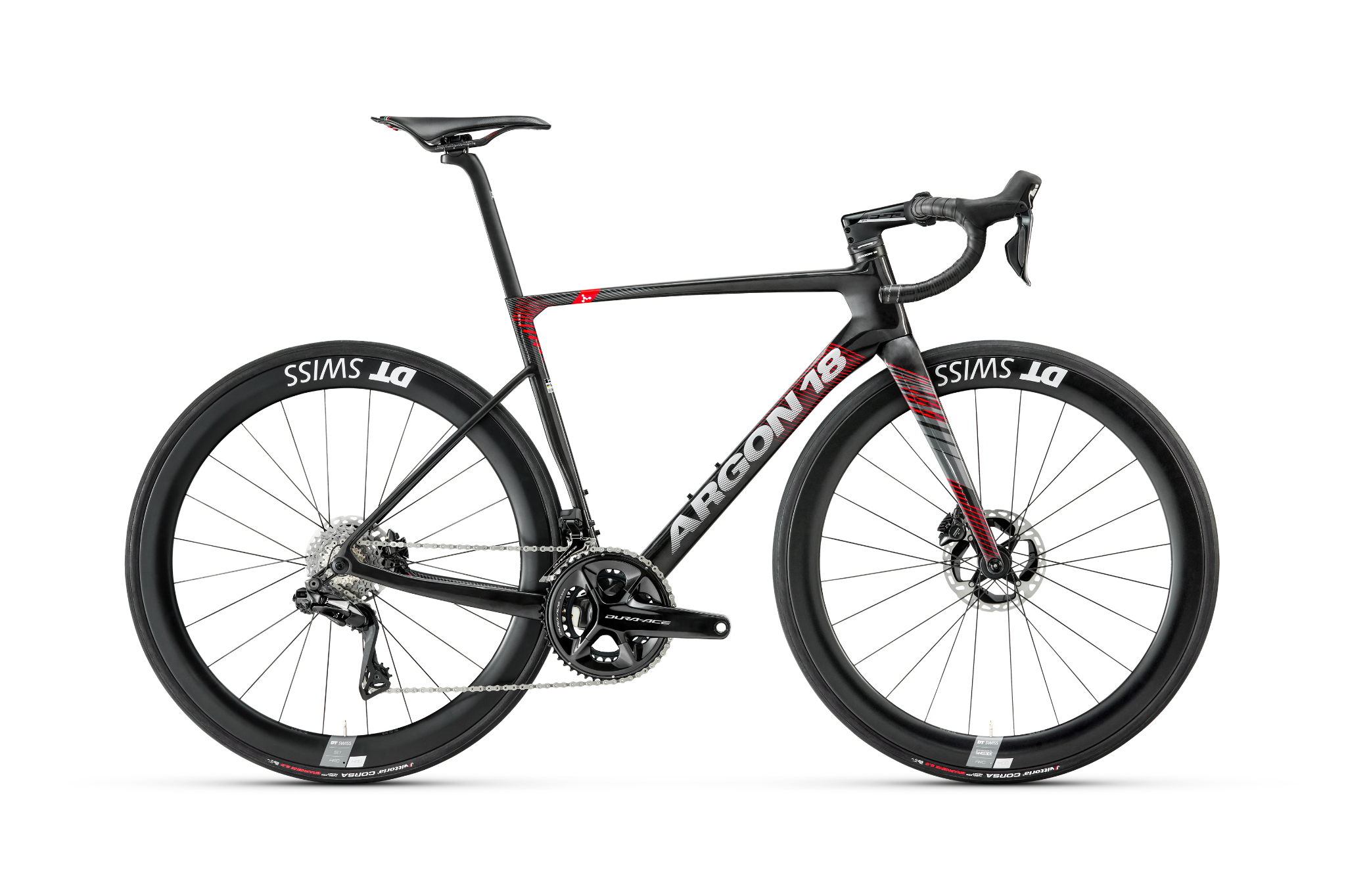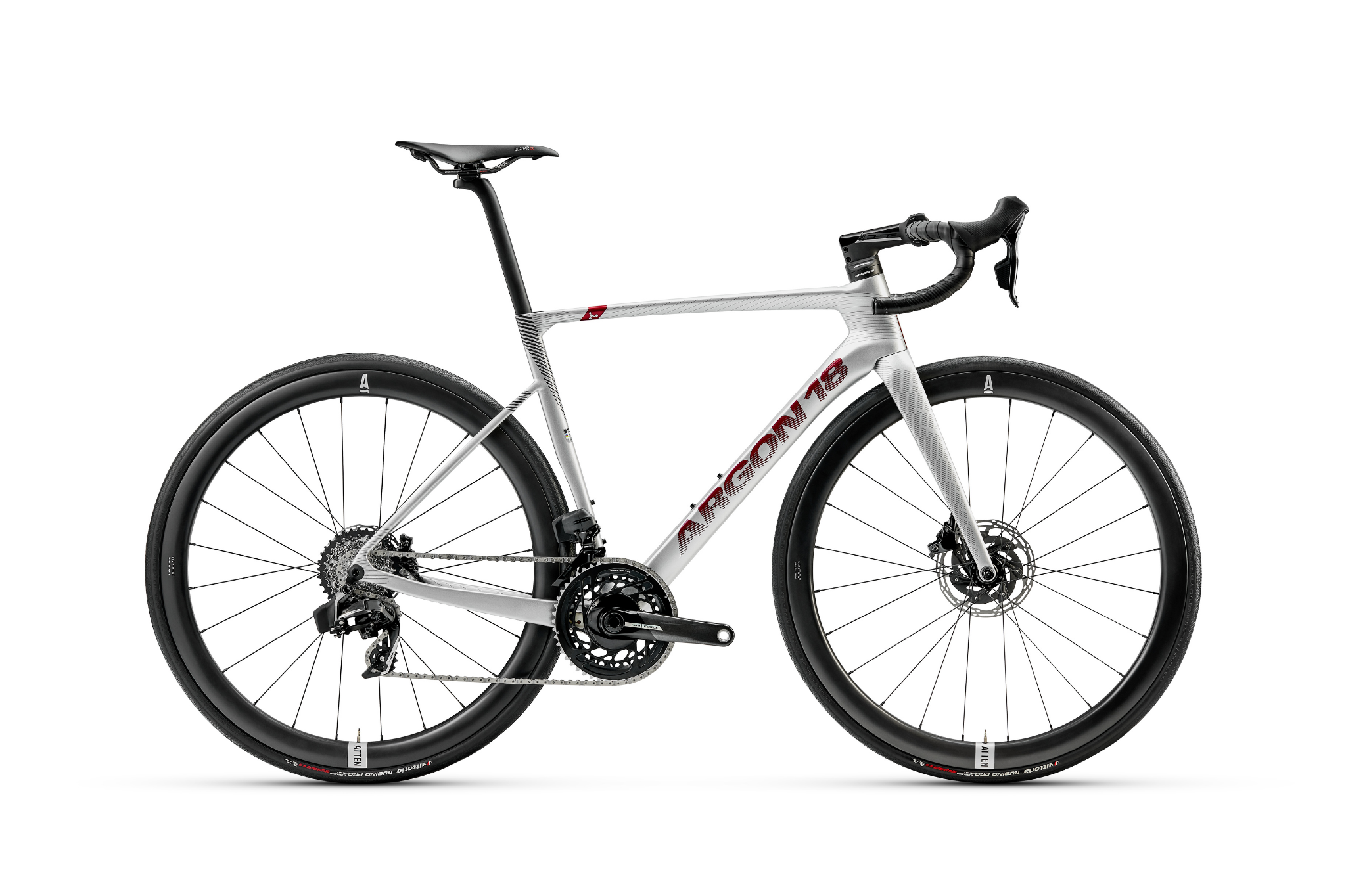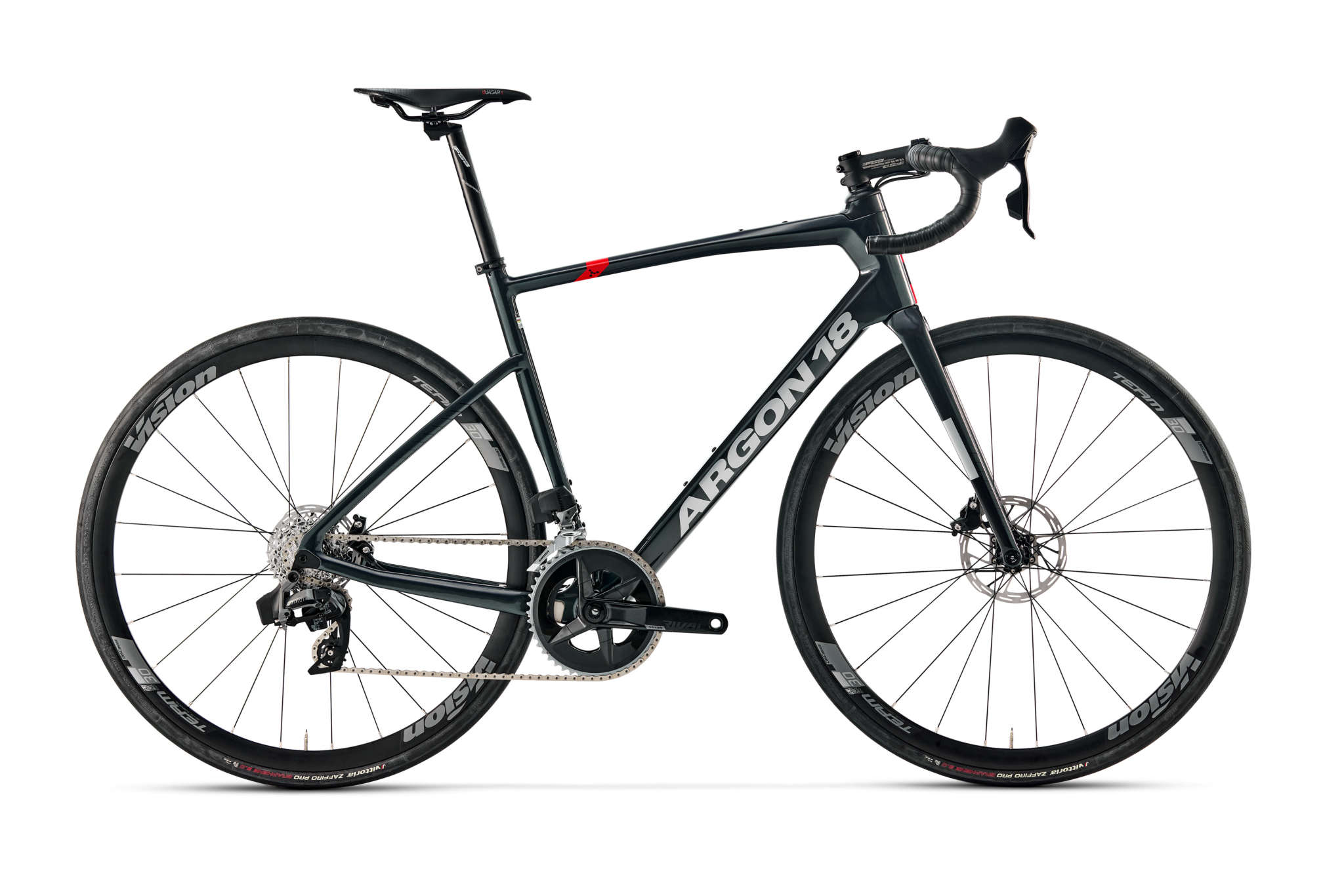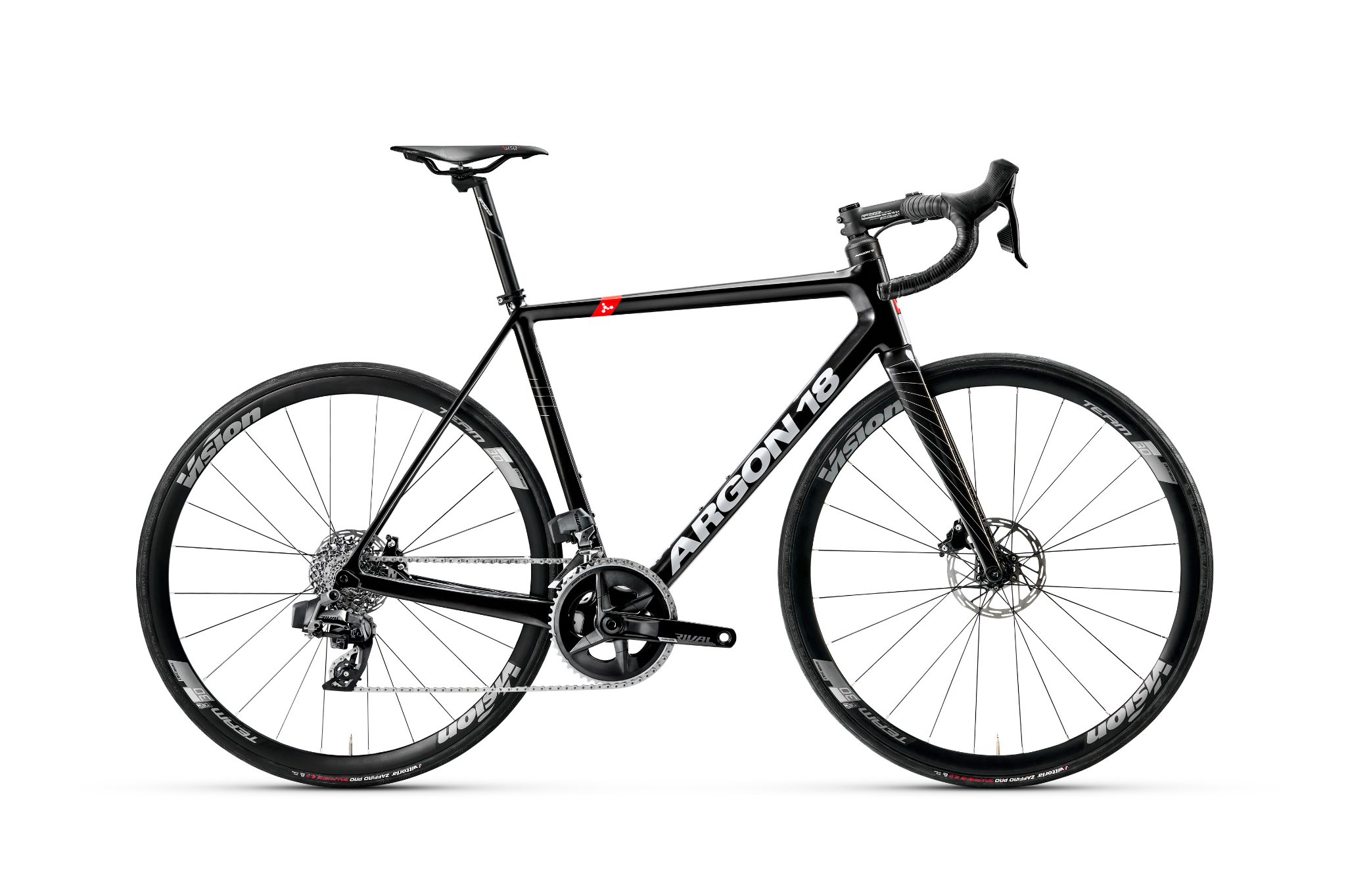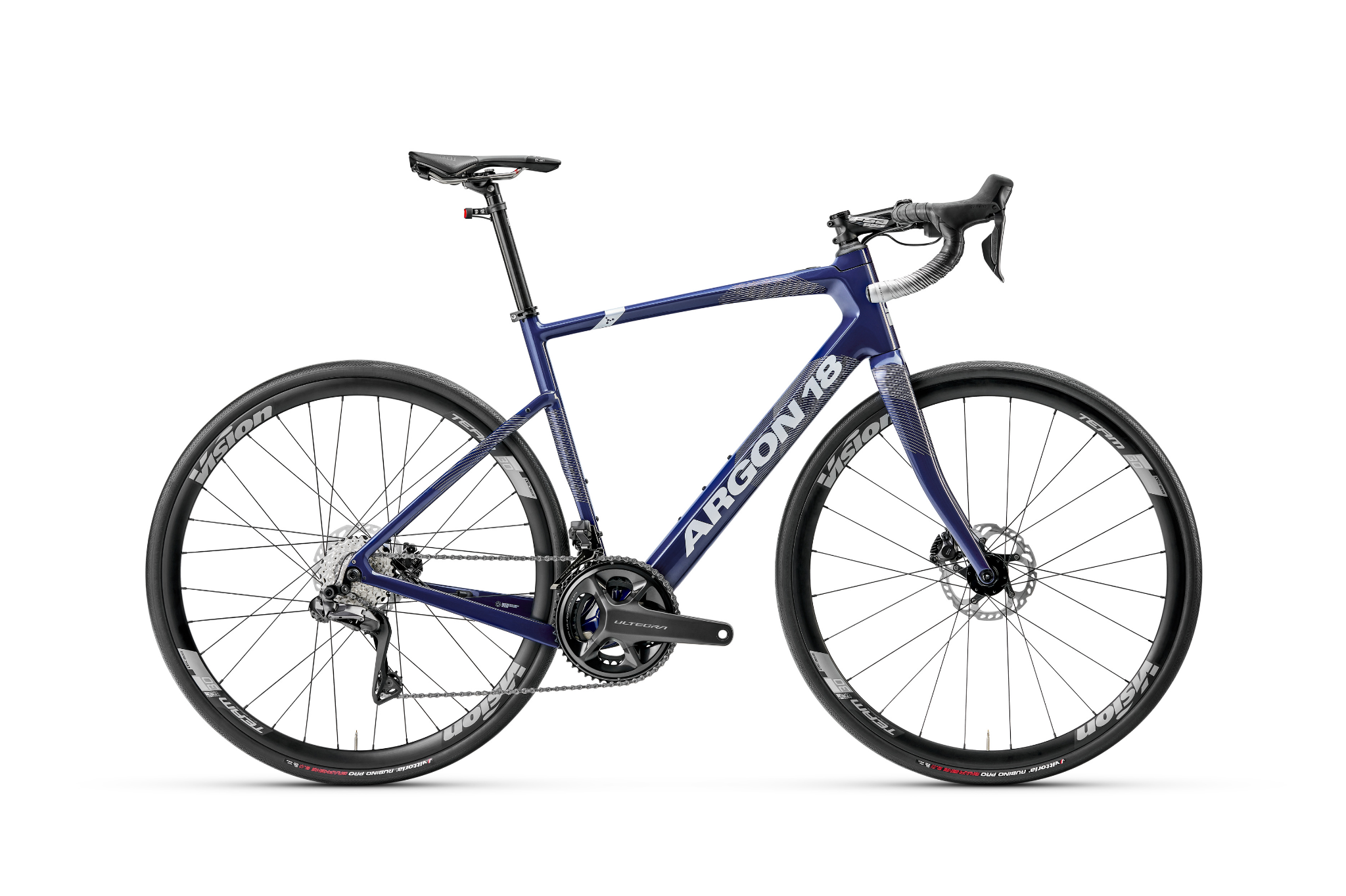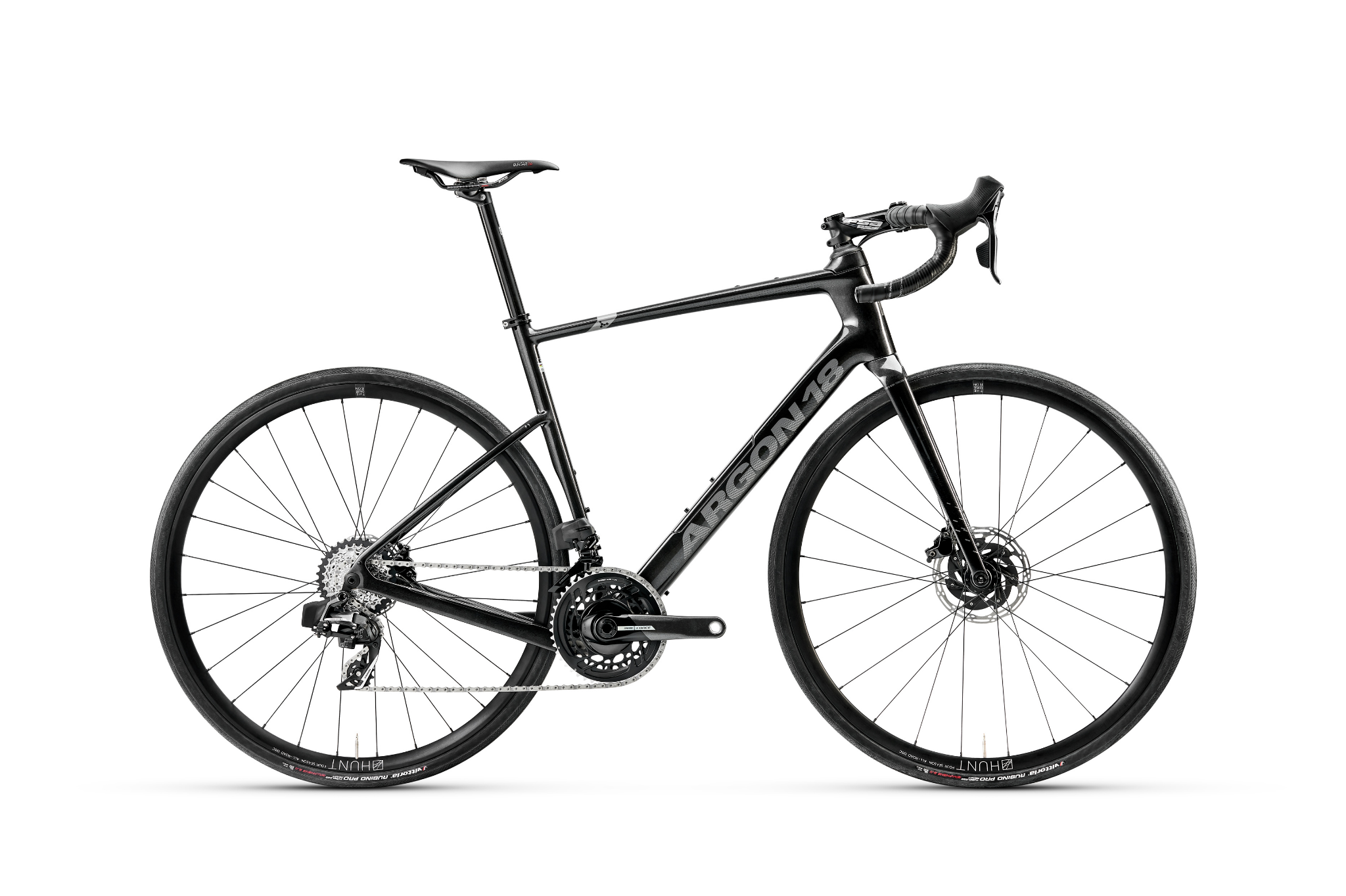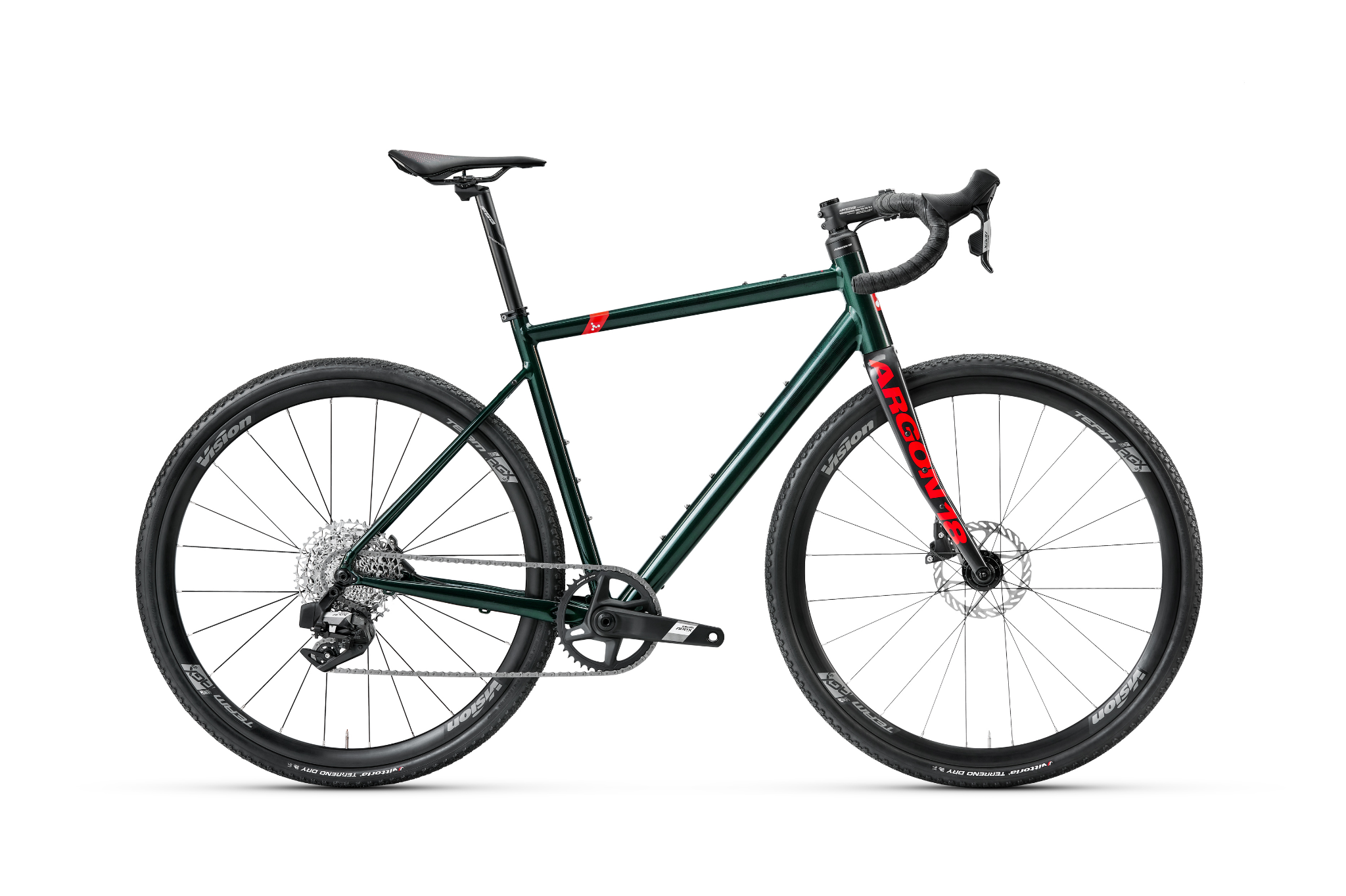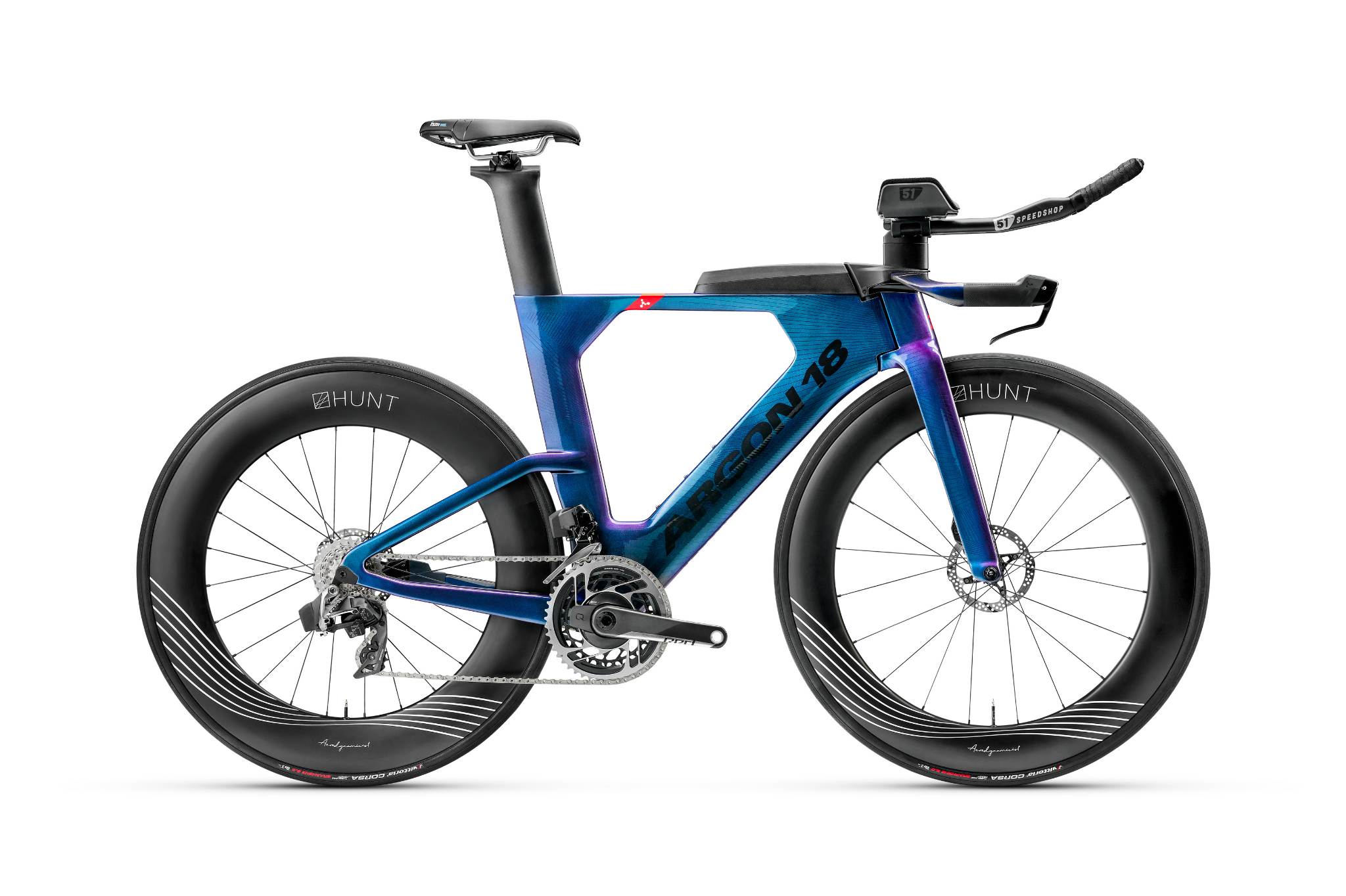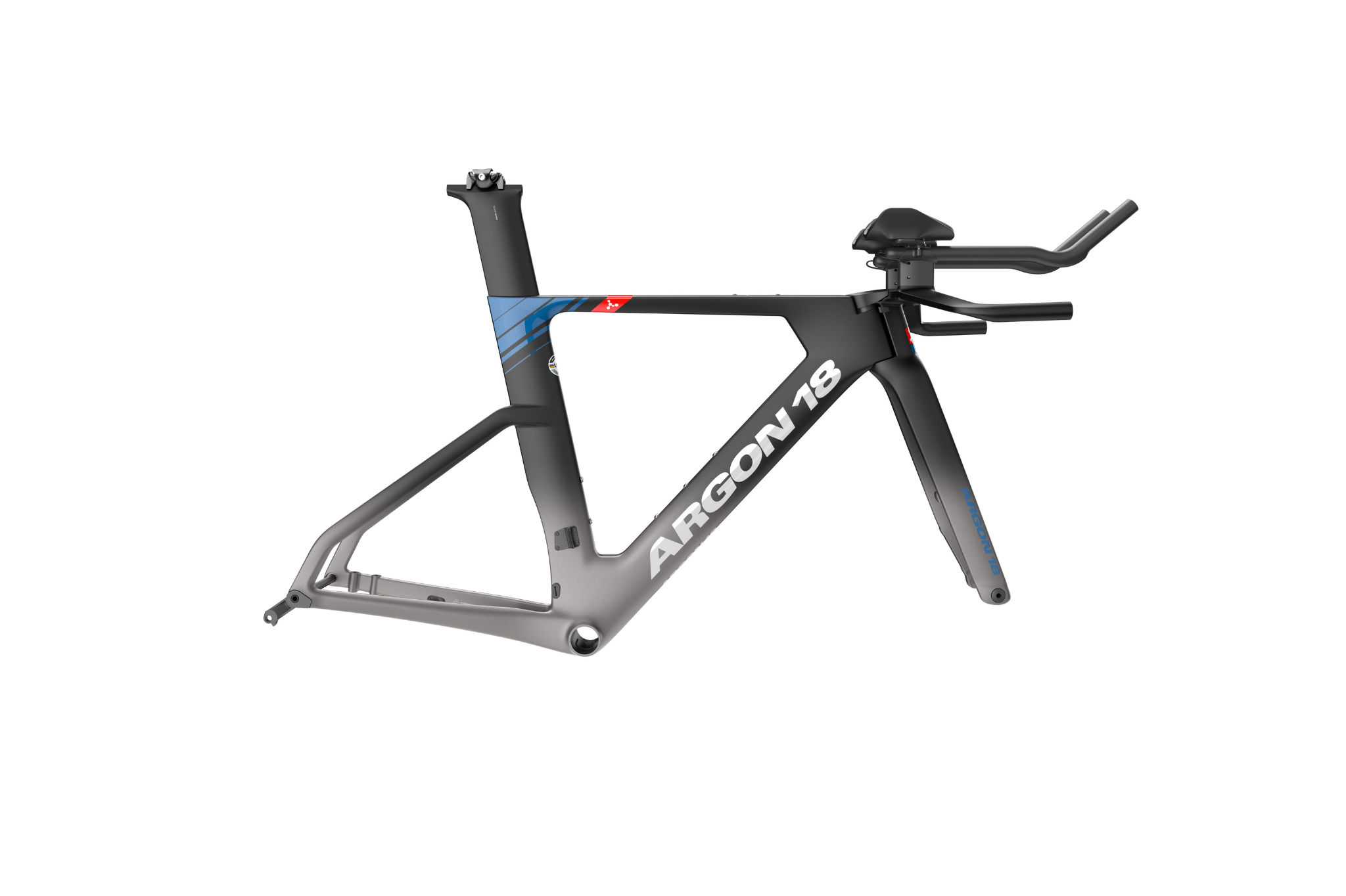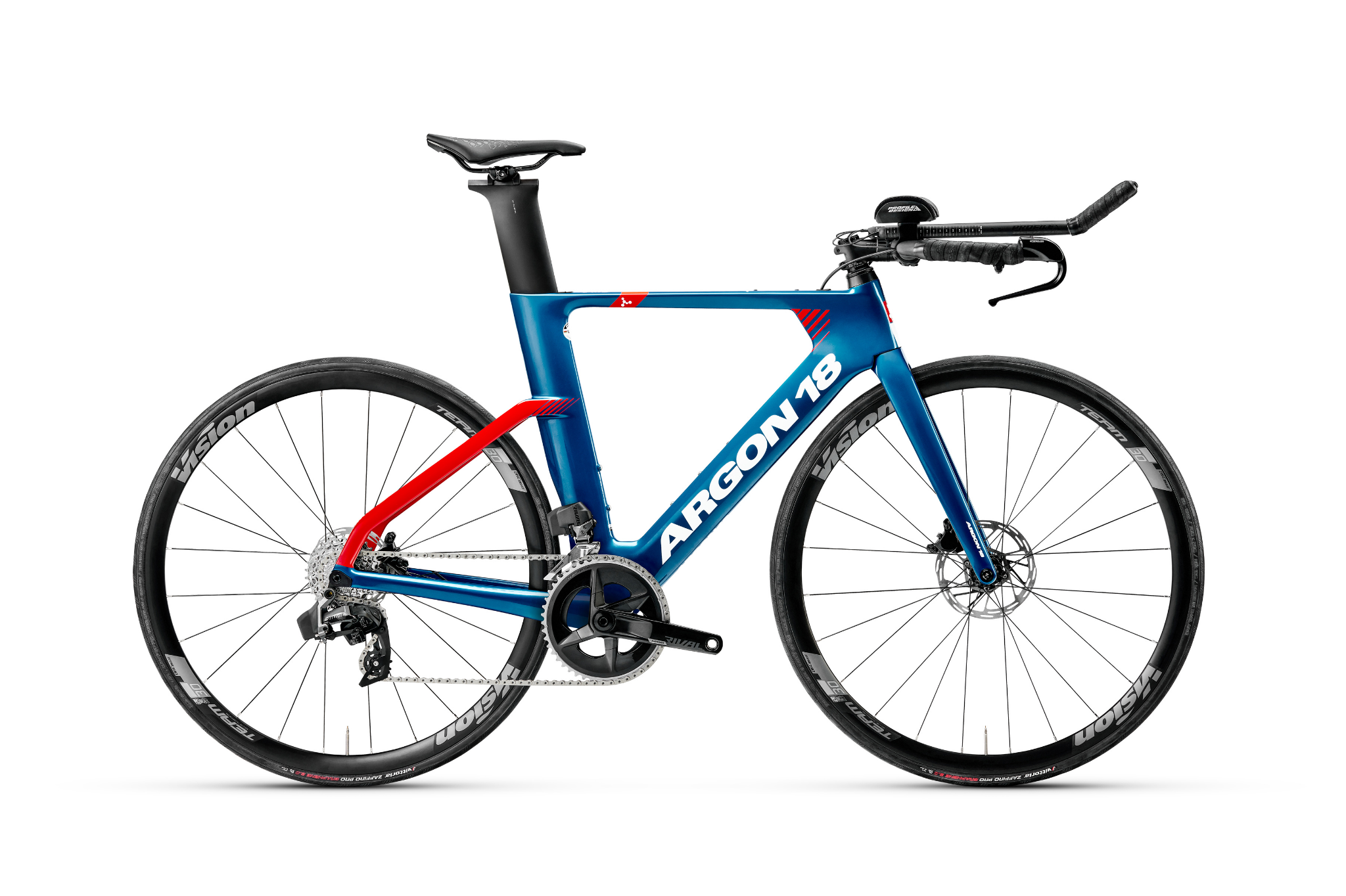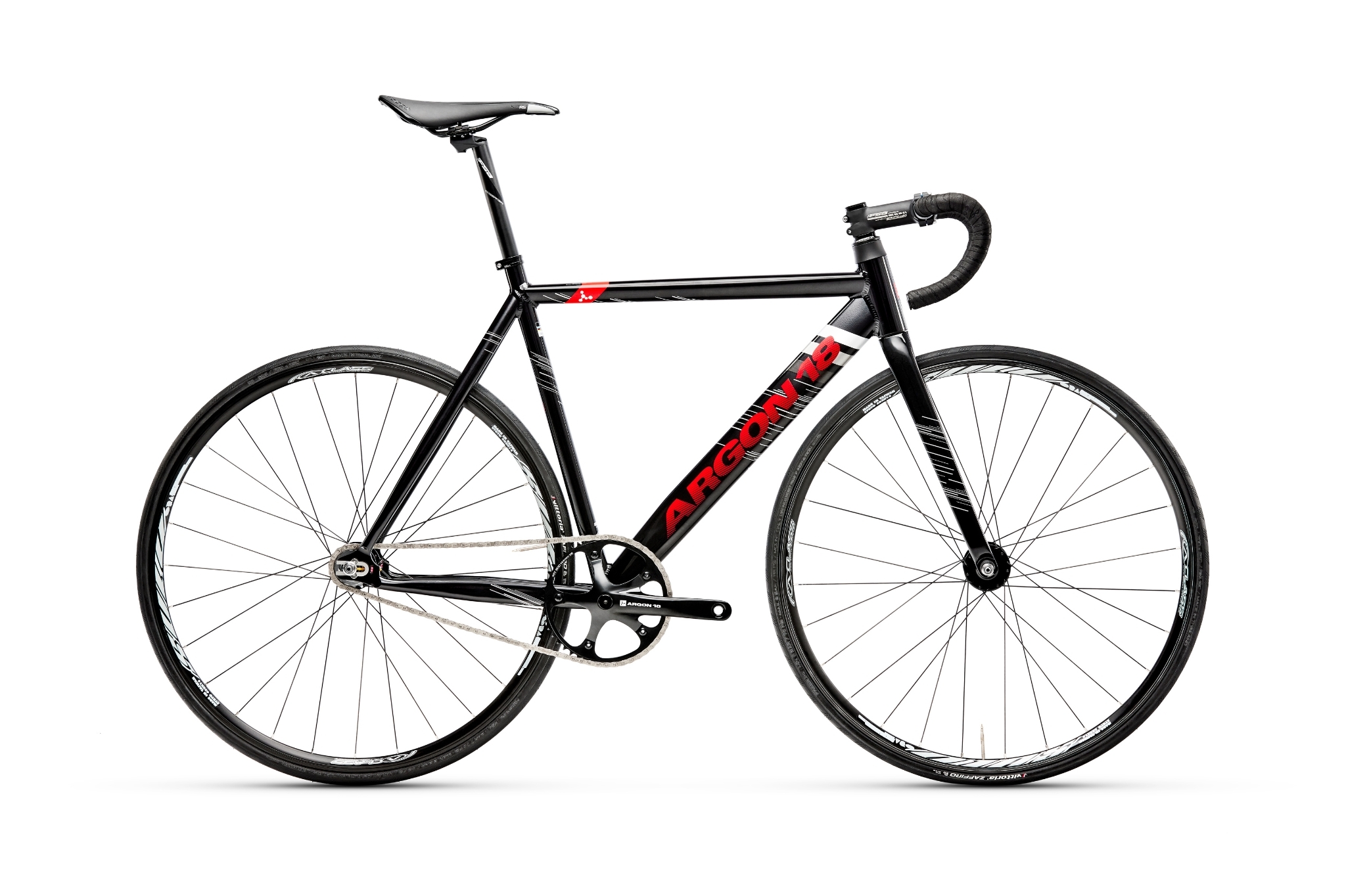Use Your Head
How can cyclists perfect their mental training?
Counting watts, counting miles, measuring nutrition: cycling is full of techniques to train the body to go farther, faster. But what about flexing that other muscle, the one that controls our motivation to make it through those miles? How do cyclists measure up in terms of mental training? We spoke to Mark Beaumont about his new book with GCN, The Complete Guide to Cycling Psychology.



Argon 18: What was your motivation for writing this book?
Mark Beaumont: My previous book, Endurance, explored the idea that anyone can do endurance cycling: young or old, man or woman, no matter where you’re coming from. Unlike other disciplines in cycling where physiology matters, where you have a natural advantage if you’re a climber or sprinter of a certain body type, endurance cycling takes all shapes and sizes and you can actually get better as you get older. I wrote that book with my performance manager, Laura Penhaul, and the chapter we had to edit the most out of, the one topic that we wrote way too much about, was psychology. Dr. Jim Taylor was the guest expert for that chapter, and he’s my co-author on this new book.
After Endurance, GCN came back and asked what I would want my next book to be about, and there was just so much more about psychology to explore. Everyone goes on about kit choice, nutrition, training, but the one thing that is essentially free and will probably make the biggest difference for a cyclist is the mental toolkit. I’ve always said, look at me, I’m tall, I’m not a typical bike rider. You wouldn’t walk by me on the street and say ‘that’s the guy who cycled around the world fastest and holds a lot of records’. Physically speaking, I’m not the best endurance rider in Edinburgh, where I live, let alone Scotland, let alone the world. My success has a lot to do with planning, really meticulous planning, and psychology. The ability to take myself to that place of struggle and stay in that place is what has helped me. Take the recent North Coast 500 record, for example: lots of riders could beat that record if you just go off their leg strength, their FTP. But could they put themselves in that place mentally and actually do that to themselves?
I think mindset is the thing that has gotten me to where I am. But I didn’t really have a vocabulary for it. Working with Dr. Jim was a great fit. He’s an academic, but he’s applied his knowledge to top-level athletes. I’m the guy with 20 years of experience actually doing it. I genuinely felt like I was in counselling for the six months we spent writing this book, as I have found a way of better understanding myself! I got to explore so many facets of sports, training, motivation, consistency, family life, what makes me tick – all the things that make up the mental toolkit. And now I get to share it, which is really exciting. I think it’s of value to any cyclist. Sure, I think buying a lighter bike and training more will make a difference, but psychology is arguably a much greater untapped resource.



A18: What’s the first step I should take if I want to work on motivation and mental toughness?
MB: First, understand your ‘why’. Why do you ride a bike? Clearly for some people it’s about being part of a club, for some it’s competition, or maybe the opposite of that – for time and space away from it all, a kind of meditation. If you understand the ‘why’ first, you’ll realise that to be able to push your ambition as a cyclist, at some point you have to suffer. Career-defining things are, by definition, hard. You don’t take on challenges, you don’t climb mountains, because they are easy. But if you don’t understand the ‘why’ then it’s harder to deal with the emotions when things are difficult.
Quite a few people focus the outcomes of those types of challenges – the successes, the memories. But if you’re going to improve, you have to find pride and enjoyment in the process. Understanding your ‘why’ is a good way to figure out how you cope with staying focussed during routine training, and also how you think about injury and setbacks. It’s nonsense to think you have to have a positive mindset every single day. But if your intent is to progress, you need a performance mindset. You have to believe that what you’re doing matters – what you eat, how you sleep, caring about all the inputs in your daily routines, these things matter. You have to take ownership of those routines. Taking pride and ownership in the process is essential.
It's also important to be realistic with yourself. There’s no point in being on a climb, feeling horrible, truly suffering, and expecting to just turn on the positive self-talk. There’s no point kidding yourself and saying ‘this is easy’. But you can invoke your inner hero and say, ‘ok, this is tough, but this is part of the program and I’m going to look back on this and appreciate it’.
It's not as simple as turn up and be motivated. That’s clearly nonsense and unrealistic.



A18: What’s an example of a time when you had to truly rely on mental toughness?
MB: Let’s take GBDuro last year, the 2000km gravel race the length of Britain: 60 people started and 13 finished. The 60 that started were selected through a pretty intense process, so just to start you had to have strong palmares. So why did the majority of people quit? Most didn’t quit because their bikes broke or they were physically injured. They quit because they quit. They quit because they stopped riding the road in front of them. When you stop riding the road in front of you, the scare of the overall distance or scale of what you’re taking on can become too much.
The oldest guy in the race, Howard, had three words written on his light where he could see them: safe, finish, and fun. I asked him what that meant. He said, that’s my decision-making matrix. First, I have to be safe, and if I’m not riding safe then that’s it, I’m stopping. Next, it’s to finish – the only reason I wouldn’t finish is if it is unsafe. And at the bottom is fun. We do this because it gives us a sense of fulfillment, but it’s not always a bundle of joy. Not having fun is not a reason not to finish. Or it’s not a good enough reason. You don’t have to be having fun. Think about it, after an event you don’t sit around talking about the tailwind and the lovely sunshine. You talk about the parts that were hell on earth. Howard’s the best example of this I can give, of why all those people quit that race. They quit because of the mental game, because they didn’t have Howard’s matrix - or their own matrix, more accurately.
During the North Coast 500, I had a massive low point about seven hours in. I had made it over the first big climb, but by seven hours in it started to feel like a long ride. I knew I was on track to set the record, I was doing fine, and then the realization hit me that I had 21 hours to go and wouldn’t be off my bike for more than 15 minutes of that. So, the thing that scared the shit out of me wasn’t that it was hard at that moment, nor that it was already starting to bite, but it was the idea of continuing into the unknown, over the horizon. It’s not that what I was doing in that moment was hard – I was actually feeling pretty good while I was thinking this – but the big picture got to be too much.
If you have a solid mental toolkit, you can almost always ride the road in front of you. It’s the scale of the challenge that often scares people. Building that toolkit isn’t about breaking records, it’s not even about being a bike rider, or a high-performance athlete. It’s about reaching whatever your personal goals are. These tools are useful for everyone.


